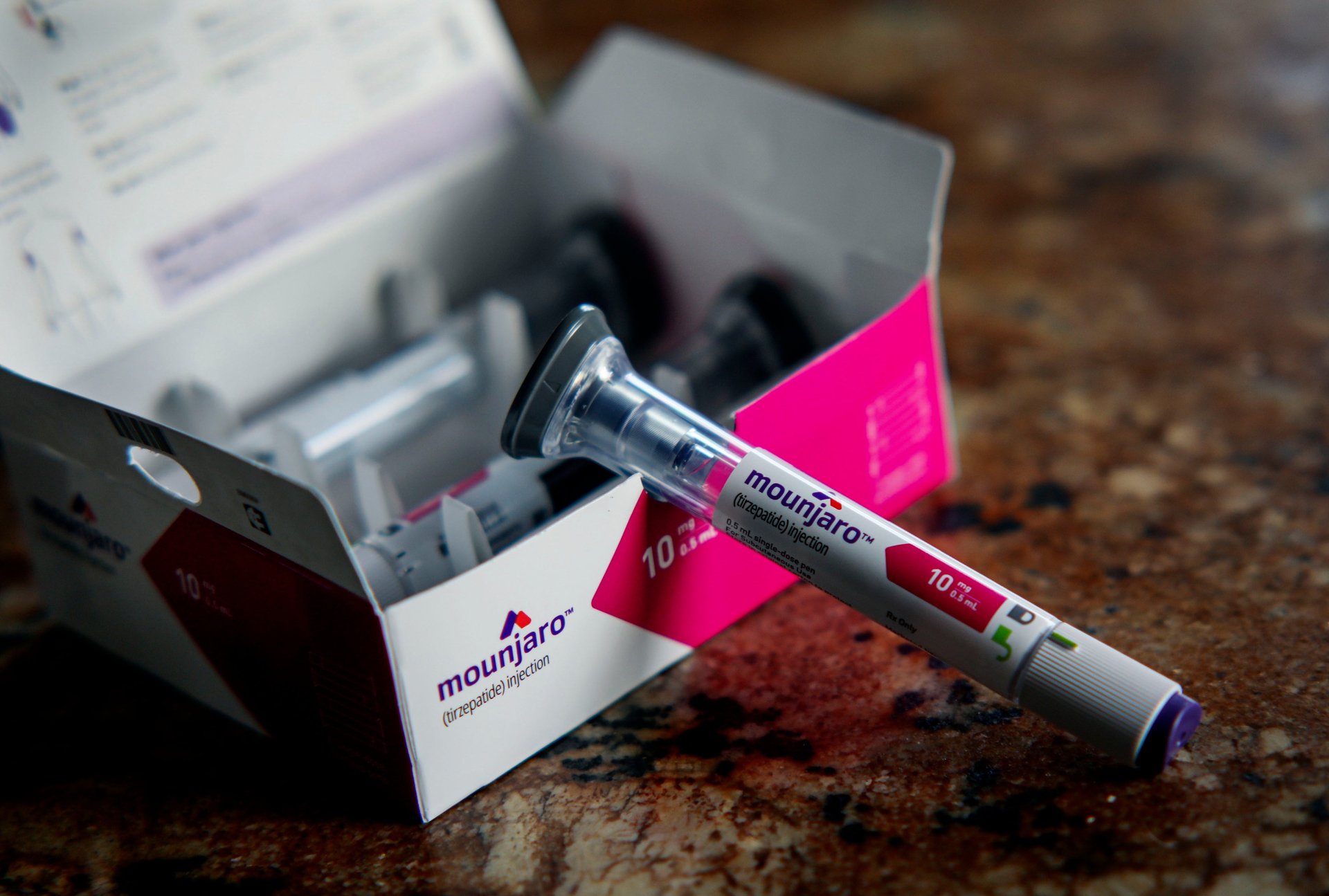Eli Lilly is cracking down on knock-off versions of its popular weight loss drug Zepbound
The pharma giant filed lawsuits against six entities, including med-spas and wellness centers, for selling unapproved products

Eli Lilly said Thursday that it is taking legal action against six entities for selling unapproved versions of its popular weight loss and diabetes medication tirzepatide — the generic name of Mounjaro and Zepbound.
Suggested Reading
The pharma giant said it sued several businesses including med-spas and wellness centers for falsely claiming their counterfeit products were actually Mounjaro or Zepbound or misleading patients to believe that Eli Lilly’s clinical trials and Food and Drug Administration approvals included compounded versions of the medication.
Related Content
The company also issued an on open letter warning customers of the risks of taking these untested products.
Zepbound and Mounjaro are part of a class of diabetes and obesity medications known as GLP-1s — that same class to which Novo Nordisk’s Ozempic belongs. Demand for the appetite-suppressing drugs has skyrocketed in the past couple years.
In 2023, sales of Mounjaro and Zepbound reached $5.3 billion, and they’re still soaring this year. Unrelenting demand for GLP-1 drugs has led to ongoing shortages, and Eli Lilly has committed billions of dollars to build new facilities to keep up with demand.
In the meantime, limited supply and the drugs’ high list prices have resulted in patients turning to cheaper counterfeit and compounded alternatives.
Eli Lilly warned that counterfeit products “may contain no medicine, the wrong medicine, incorrect dosages, or multiple medicines mixed together, which could result in serious harm.”
The company also warned about the use of untested compounded drugs.
Compounding is the process of customizing an approved drug by a state-licensed pharmacist or physician to meet the specific needs of an individual patient.
Typically, the Food, Drug, and Cosmetic Act prohibits compounding drugs that are just copies of commercially available medications. However, drugs that are in short supply are not considered by the FDA to be commercially available.
Eli Lilly said that compounded products “lack the same safety, quality, and efficacy protections” of FDA-approved medications.
The company said it has discovered some compounded drugs that are advertised as tirzepatide to have “safety, sterility, and efficacy problems.”
For example, some contained bacteria, high impurity levels, different colors, and different chemical structures than Eli Lilly’s FDA-approved medication.